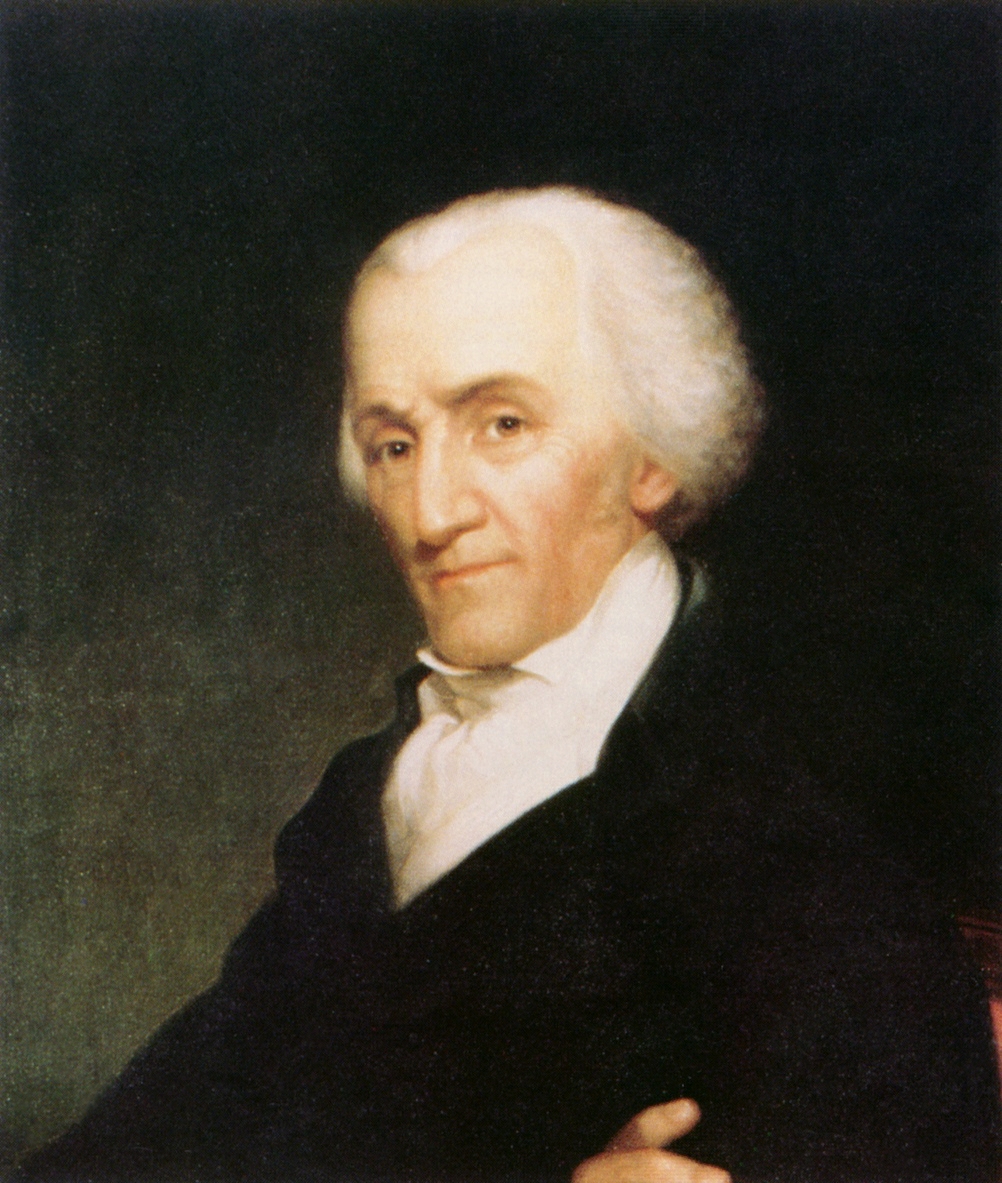Elbridge Gerry
Elbridge Gerry was an influential force in politics and government in Colonial America. He was born in 1744; his first name came from one of his mother's ancestors, John Elbridge. His parents had 12 children, of which he was third-oldest. His father was at one time a sea captain but later took up the merchant trade. Young Elbridge learned from private tutors and graduated from Harvard University, then joined his father's business, which at that time was sending fish overseas, particularly to Spain. The Gerry family lived in Marblehead, Mass., a port city that was overshadowed by the larger port of Boston until the English Parliament closed Boston harbor and Marblehead stepped into the breach. The family eventually became one of the state's wealthiest.
He had a role in getting weapons and ammunition to Concord, site of one of the first two battles of the Revolutionary War; during the war, he regularly supplied weapons and supplies to the Continental Army. He continued his political career in the Massachusetts state legislature and was a representative from his state at the Constitutional Convention. He was chairman of the committee that produced the Great Compromise. Originally a supporter of a stronger central government, Gerry changed his mind during the Convention and ultimately refused to sign the Constitution, holding out for a Bill of Rights, which he helped draft, and opposing the Three-Fifths Compromise, which counted slaves as 3/5 of a person. He had married Ann Thompson, the daughter of a wealthy merchant, in 1786. They eventually had 10 children. In 1789, he was elected to the first ever U.S. Congress. He left four years later in a move back into private life. In 1797, then-President John Adams convinced Gerry to join a three-man commission that traveled to France to try to stave off a war between that country and the U.S. Gerry, along with C.C. Pinckney and John Marshall, were the ones involved in the XYZ Affair, a scandal of sorts that embarrassed the U.S. Government. He originally tried to steer clear of political affiliation and had strong friendships with leaders of both the Democratic-Republican Party and the Federalist Party. Gerry ran for governor of Massachusetts four times, finally winning in 1810. He served two terms. In 1812, he oversaw a redistricting effort by the Democratic-Republican to reduce the influence of the Federalists in Massachusetts. The map produced by this redistricting became the subject of a satirical newspaper that depicted a mythical monster dubbed a "Gerry-mander," a combination of Gerry's last name and the word salamander. (The map looked a bit like a salamander.) Gerry accepted James Madison's invitation to run for Vice-president in 1812, and the two were elected. Gerry did not serve out his term. He died in 1814, survived by his wife, Ann, and seven children. (Three did not survive into adulthood.) |
|
Social Studies for Kids
copyright 2002–2025
David White



 Elbridge Gerry did not take kindly to the taxes implemented by the British Parliament after the French and Indian War and found friends in revolutionaries Samuel Adams and
Elbridge Gerry did not take kindly to the taxes implemented by the British Parliament after the French and Indian War and found friends in revolutionaries Samuel Adams and 
